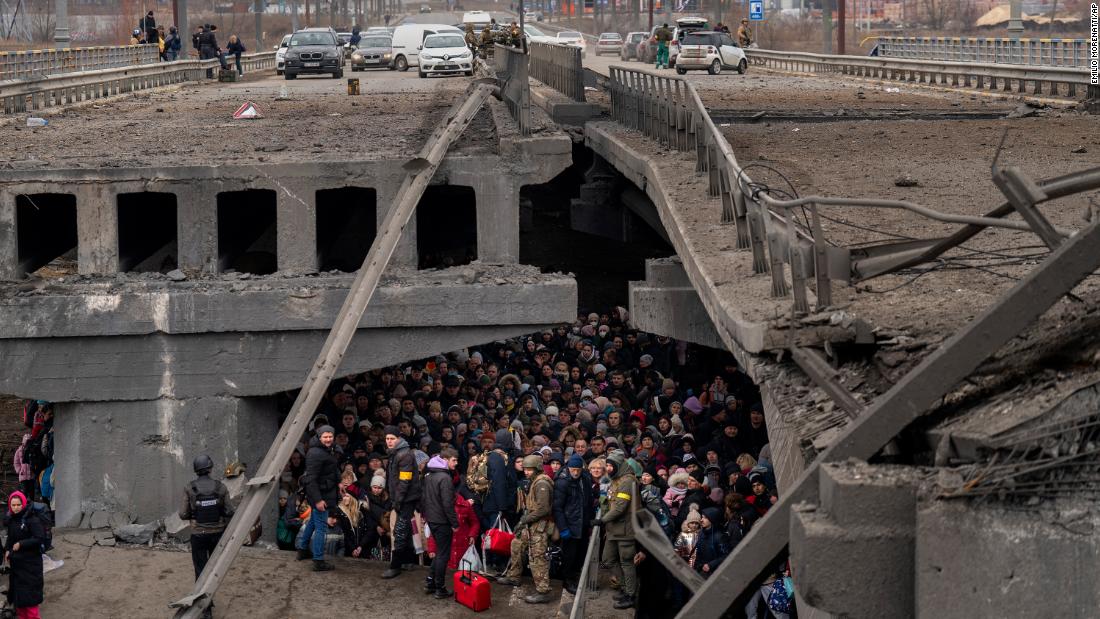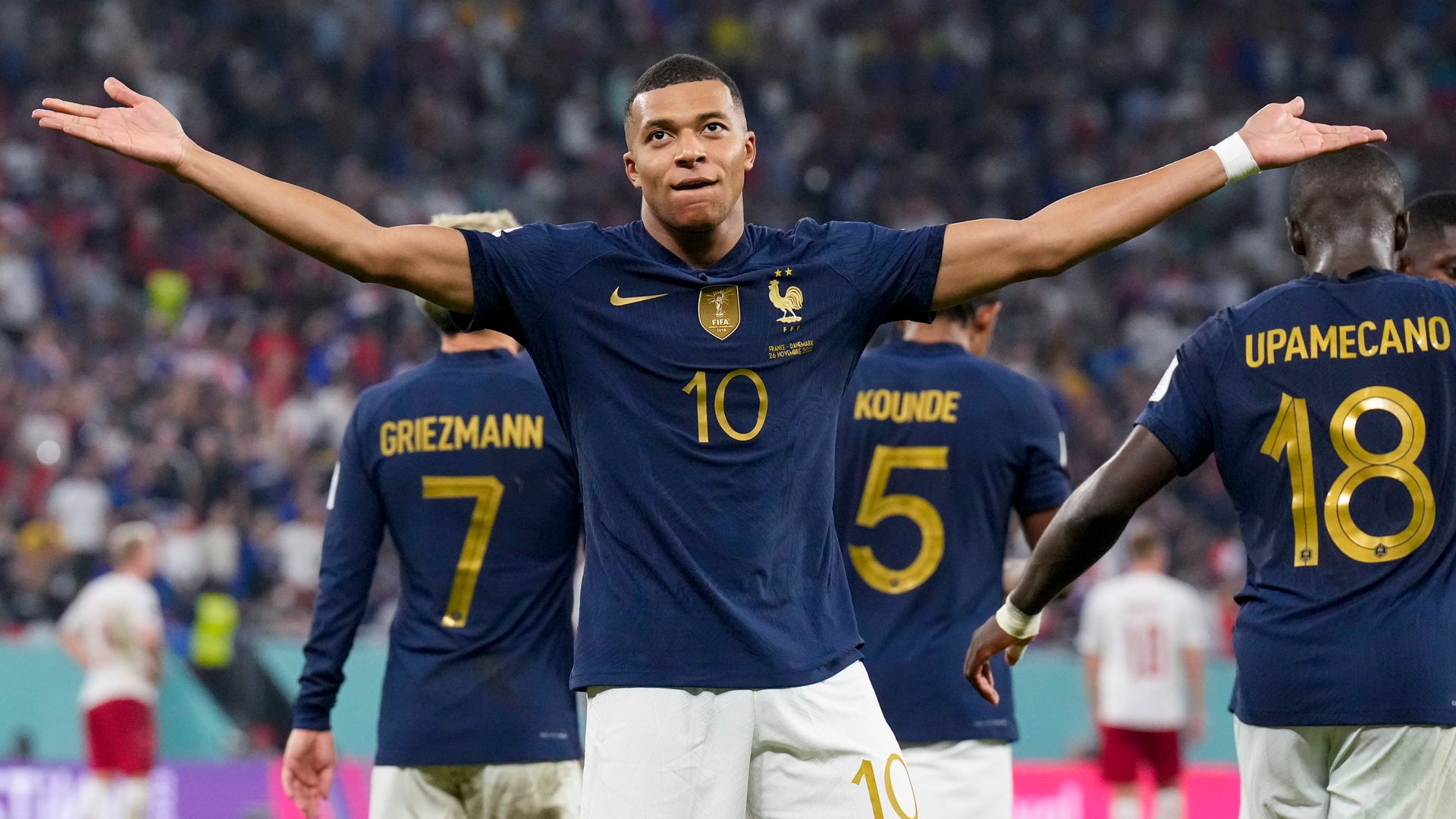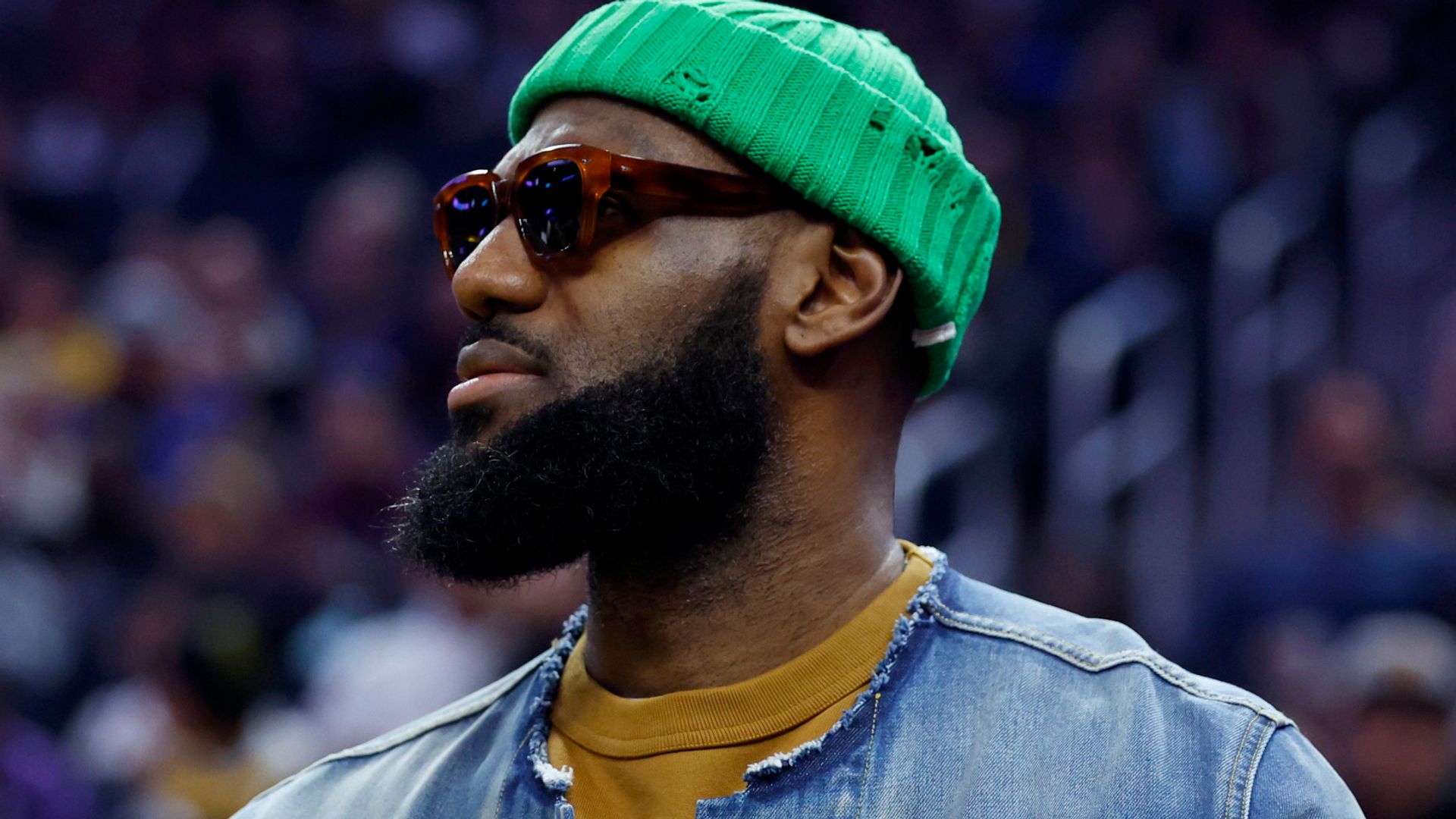A Child’s Gun Death by ‘Collateral Damage’ Shakes the UK
Gang warfare in the city of Liverpool last month left a 9-yar-old girl dead from a stray bullet. Her death was an example of the toll taken by gun violence in the UK, where such deaths still come as a shock, writes a former detective superintendent.

The city of Liverpool, in the northwest of England, is a vibrant place to live and do business. Its economic growth surge is expected to continue well beyond 2022, and the population is predicted to grow by 0.6 percent to over 900,000 by the end of the year.
But the tragic death of a child from gun violence last month has revealed a dark side that has shaken up Liverpudlians—and the rest of the country.
A port city that has been an historical hotspot for the trafficking of guns and drugs—particularly as a base for the Irish Republican Army—Liverpool was a laboratory for new digital law enforcement tools to counter the threat of organized crime.
Many of the traditional gangs involved are family-controlled and district-based. and have used very young men to further their aims. Targeted policing by the National Crime Agency and the Merseyside police—the force responsible for Liverpool—has had a significant impact.
The first victory came in 2020 when police accessed a social media communications tool in known as EncroChat, used extensively by the criminal gangs for encrypted communication on modified smartphones to plan criminal activities.
The policing operation “has had a seismic impact on the criminal networks,” Prof. Simon Harding, director of the National Centre for Gang Research at the University of West London, said in a recent interview for Sky News.
Two-thirds of UK-based messages concerning gun crime emanated from Liverpool, Harding said.
According to Harding, the British investigation into the use of this tool enabled police to access the inner workings of organized crime groups globally.
Until August, there had been no fatal shootings in Liverpool for over a year. Her Majesty’s Inspectors of Constabulary even awarded a grade of “outstanding” for Merseyside’s achievement in tackling organized crime.
But since police penetrated the network, there has been a “void at the top [of the criminal gangs],. lots of recrimination and revenge, and a lot of suspicion – and that’s when the guns come out,” Harding added.

Olivia Pratt-Korbel. Family photo via BBC
Three fatal shootings were reported in Liverpool last month. None of these would normally have attracted national media attention, but for the fact that one victim, Olivia Pratt-Korbel, is a nine-year-old girl.
She was caught in the crossfire of a gang shootout. When a fleeing gang member burst into her home as he was being chased, bullets fired by his pursuers killed Olivia and injured her mother
In the weeks since then, a crackdown by Merseyside police under the leadership of Det. Chief Superintendent Mark Keemen has riveted the country.
The crackdown has produced some 200 arrests. As of this weekend, four men have been charged in connection with the girl’s death.
“We will leave no stone unturned,” in exploring the case, Keemen vowed, adding that the force’s resources have been “significantly boosted” by officers from across the UK.
The UK is a small country—it would fit into Texas—and it’s unused to experiencing the murders of children as collateral damage to gun violence.

Gareth Bryon
Most UK citizens believe such things only happen in the U.S.—in violence-plagued cities like Chicago and New York, as reported by the Children’s Defense Charity.
But Olivia’s death makes clear that no one can be complacent about gun violence, regardless of where you live.
Gareth Bryon is a former Detective Chief Superintendent who worked as a senior officer in the South Wales Police and the British Transport Police, where he led major crime investigation and forensic science services for over 30 years.

 Landwebs
Landwebs 




















/cdn.vox-cdn.com/uploads/chorus_asset/file/24430706/elon_musk_twitter_for_you.png)

